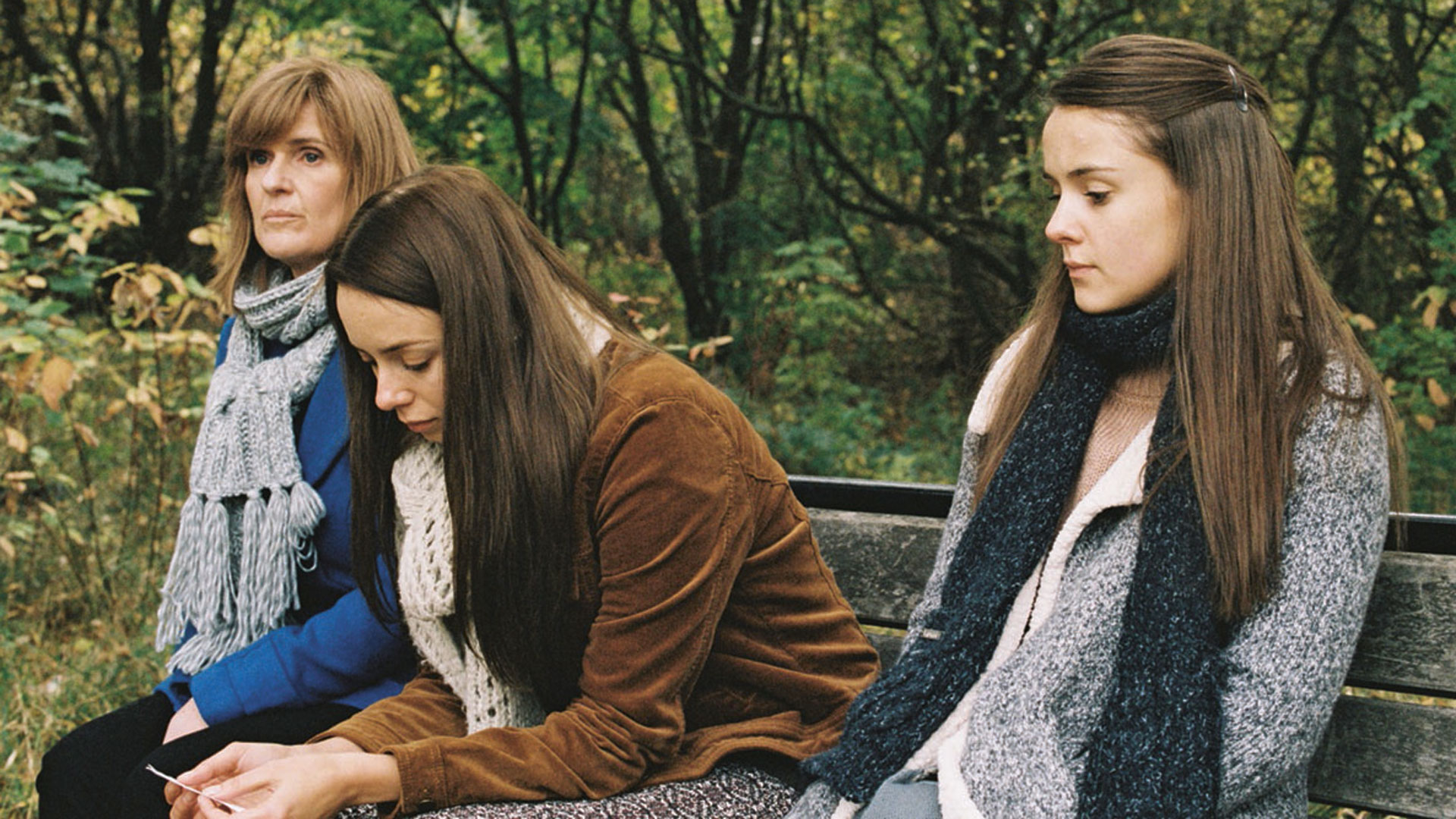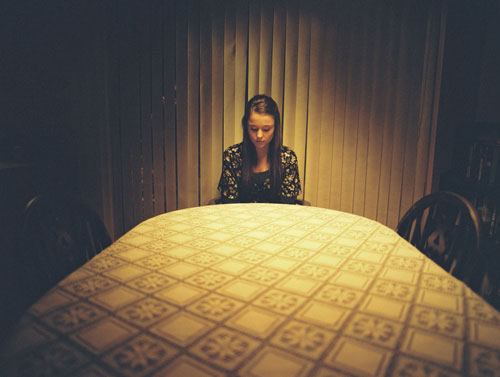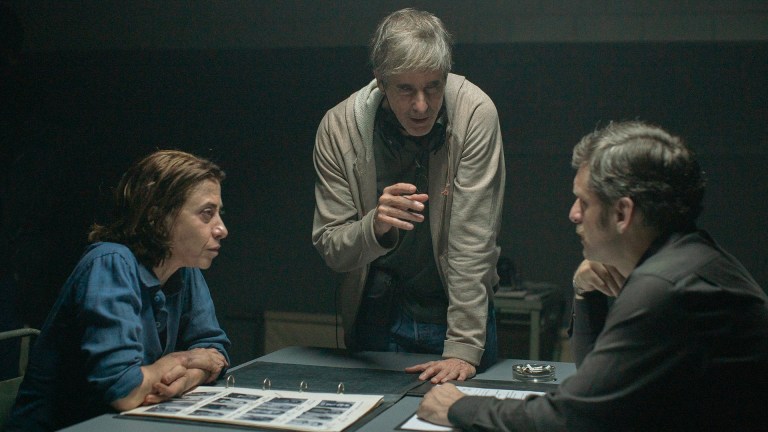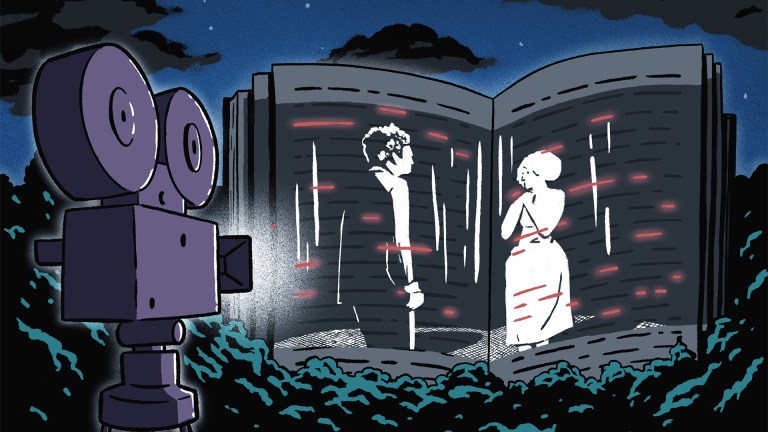Apostasy is a powerfully sombre British drama set in a small, inward-looking community of devoted Jehovah’s Witnesses. It arrives in UK cinemas not long after First Reformed, and though this debut film from writer-director Daniel Kokotajlo hasn’t the wintry mastery of Paul Schrader’s latest (do see it if you get a chance), both films are complex, compellingly serious and emotionally fierce explorations of religious obsession. They’d make a formidable – and formidably intense – double bill.
Set in Manchester, Apostasy’s focus is on three women: sisters Alex (Molly Wright) and Luisa (Sacha Parkinson) and their mother Ivanna (Siobhan Finneran), all practicing Witnesses. Their commitment to their faith is signalled from the opening scene. Prone to anaemia, Alex (a beautiful performance that hovers between steely certitude and shy sensitivity from Wright) is seeing a medical advisor and refuses the option of any blood transfusion in the future, a procedure that may save her life but is prohibited by her religion.
Backing her up with a stern conviction that rarely falters for the rest of the film is her mother. Of her father’s whereabouts little is said, but from the darkly dismissive reference her mother makes to him I assumed he’d suffered some kind of banishment from the congregation to which Ivanna is so completely dedicated. This is a highly selective world unto itself (portrayed with documentary-like detail by Kokotajlo, himself a former Witness), highly policed by the male elders through ominous references to the Apocalypse and Jehovah’s displeasure, and with non-conforming members threatened with ejection from the church, or, to use the church’s own term, “disfellowship”.
“Disfellowship” is carried out by suited male elders with listless formality – as if they were HR managers issuing a negative appraisal to an unruly employee
But a different kind of fellowship takes hold of these three women, that of family. Luisa, the more outgoing and sceptical of the two sisters, reveals that she is pregnant by her college boyfriend – Ivanna’s sour reference to his “worldly” status indicates he’s not a Witness. The news causes a rift between Luisa and the church, and Ivanna and Alex are forced to choose between the two: the age-old conflict between the bonds of faith and the bonds of blood.
Luisa is “disfellowshipped”, a process carried out by suited male elders with listless formality – as if they were HR managers issuing a negative appraisal to an unruly employee. Ivanna seems rigidly set against Luisa’s new life; but Alex is harder to read, an ambiguous note that lingers throughout the picture to haunting effect. When Luisa, now thrown out of the family home, returns to pick up some stuff, Alex is there: as her older sister makes to leave once more, Alex seems nervous, her eyes cast down. Is this a look of shame over her sister’s behaviour, or is something else going on? Thanks to Wright’s richly open performance, Alex might just as well be contemplating her own escape as judging her sister.











